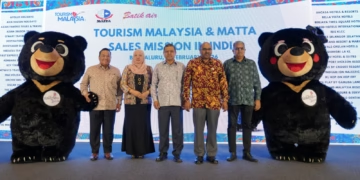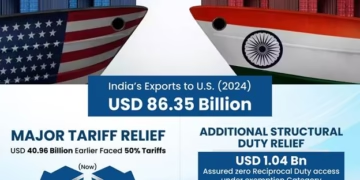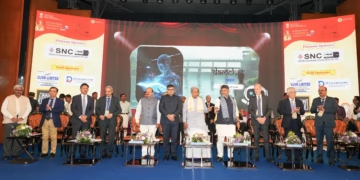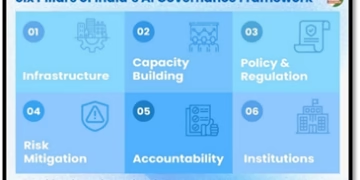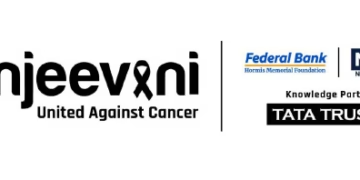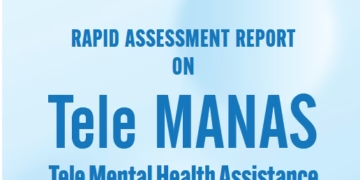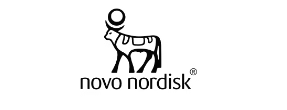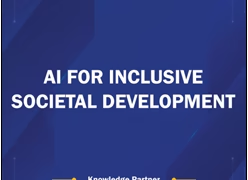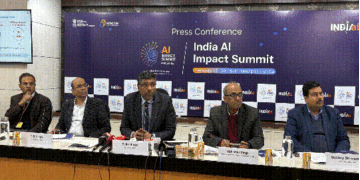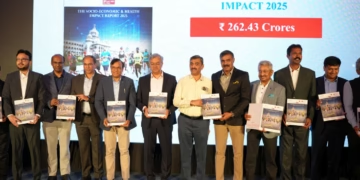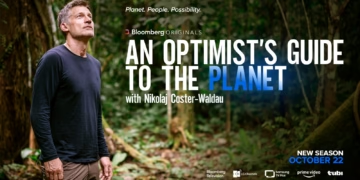JAKARTA, Indonesia, Nov. 21, 2018 (GLOBE NEWSWIRE) — The Indonesia Economic Forum hosted a conference today on Connecting Indonesia: A New Five-Year Agenda to discuss key priorities for the nation over the next five years.
Panel speakers including Jaspal Sidhu, Founder & Chairman of SIS Group of Schools, and representatives of the Indonesian Ministry of Education and Culture discussed how to meet the challenges of tomorrow by future proofing education with a focus on STEAM fields: science, technology, engineering, art, and mathematics.
“At SIS we not only have extremely high standards in STEAM, our students are recognised by the Outstanding Cambridge Learner Award for national and world top marks,” states Jaspal Sidhu. “However, we believe that academic discipline should be combined with a modern learning environment that builds character. This is extremely important as we do not know what challenges children will face in the future.”
How can parents prepare children for an uncertain tomorrow when many of the jobs of the future do not even exist today?
According to the World Economic Forum’s Future of Jobs Report 2018 the skills required to perform most jobs in 2022 will have shifted towards more analytical thinking and active learning1.
Skills growing in prominence include technology design but increasing demand for technology is only part of the story. Many of the “human” skills required today will increase in importance in the future2.
The education systems of the 34 democratic nations represented at the Organization for Economic Cooperation and Development (OECD) are evaluated and ranked every few years.
Using the comparative science, reading and mathematics proficiency of 15-year-old students, the OECD’s Programme for International Student Assessment (PISA) rankings are dominated by Asia Pacific education systems3.
The top four places in the OECD PISA rankings go to Singapore, Hong Kong (China), Japan and Macao (China). So how are leading curriculums like that of Singapore adapting to this uncertain future?
The world’s leading schools are future-proofing their programs by re-orienting themselves. Instead of focusing on what to learn and examination rank, they are increasingly focused on teaching students how to be excellent lifelong learners.
In Singapore, for example, children will no longer be ranked by test scores alone. Starting in 2019, exams for primary years 1 and 2 students will be phased out.
“Learning is not a competition,” stated Ong Ye Kung, Singapore’s Education Minister in October, 2018. Singapore’s Ministry of Education (MOE) is planning a series of changes aimed at encouraging individuals to concentrate on their own learning development4.
In the search for the best international school for your children, it is therefore not only important to assess the campus and teachers, but the pedagogy and curriculum used by the school.
“Our vision at SIS Group of Schools is to inspire learners toward greater heights,” states Jaspal Sidhu. “We do this by sparking curiosity and enquiry while developing values and 21st century skills prioritising learners and personalised learning to make a better world.”



